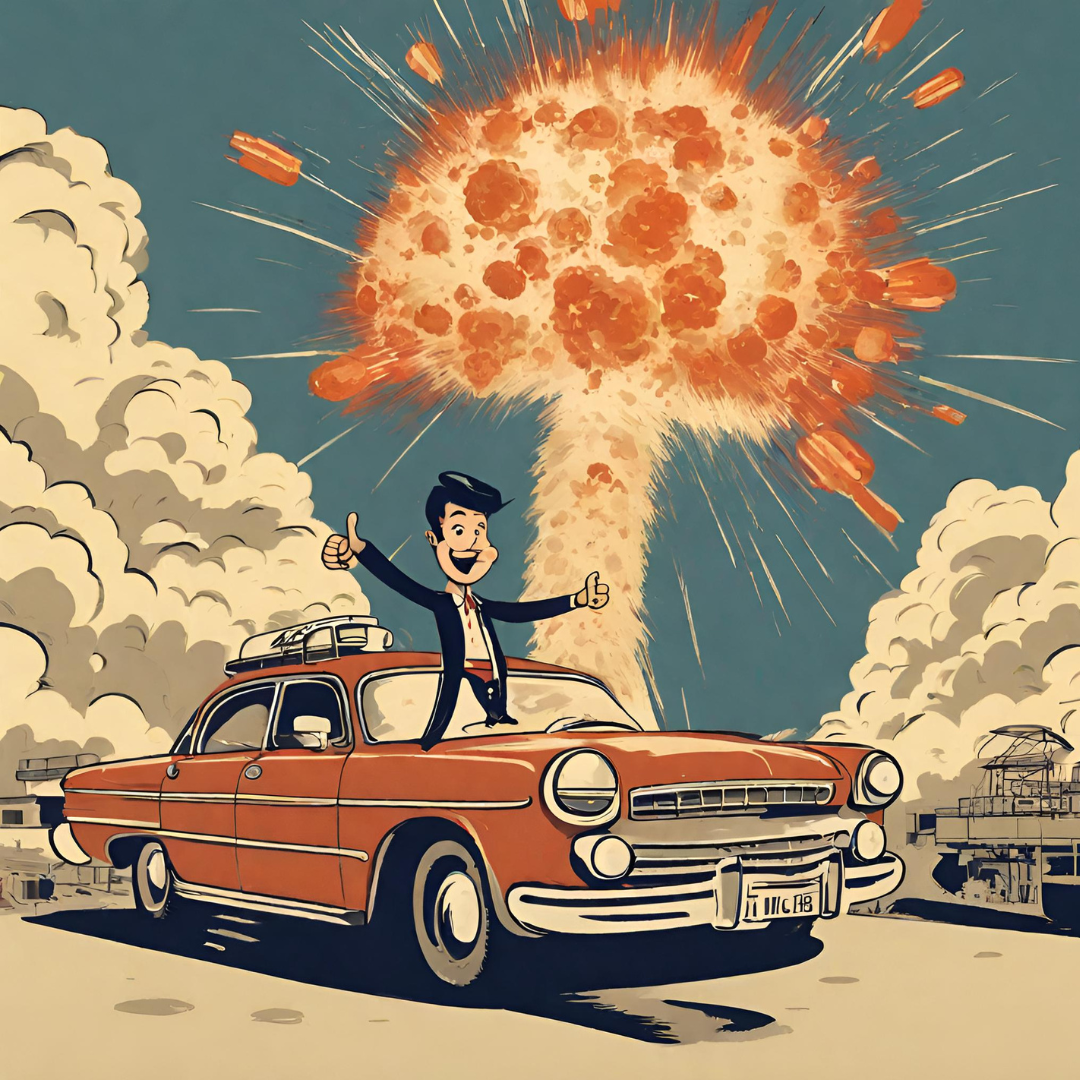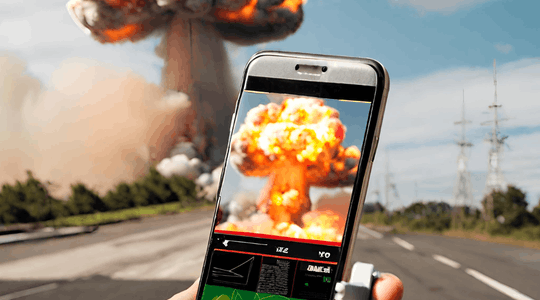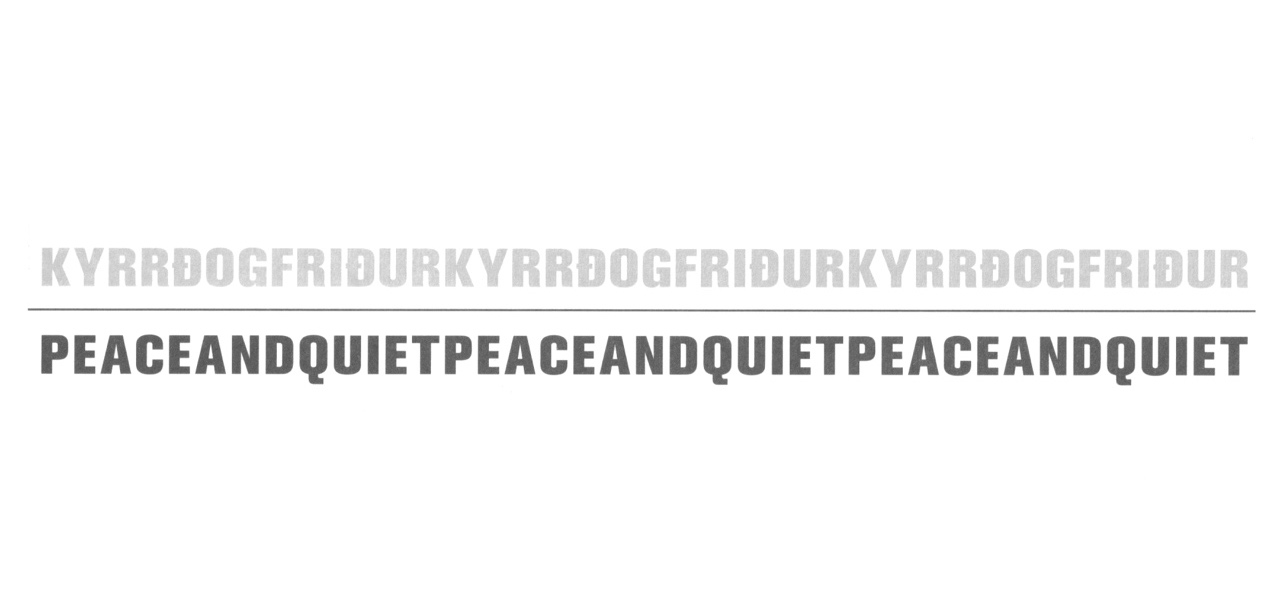Design for impact: It’s the outcome that counts!

A good user experience makes it easy and convenient to use a product, right? Nobody should have to jump through hoops and go through a complicated process to get what they want. They should not be subjected to having to simultaneously turn two keys while verifying a code they had to be sent through secure channels. Who would use such a system? Your conversions would go down, and your helpline would be flooded with frustrated users.
UX outcomes
When, as a UX designer, you are faced with such a system – what to do? When talking about UX design, Jared Spool promotes the idea, that UX outcomes should be what drives UX work and design decision. UX outcomes rely on this question: If we do a fantastic job delivering this product (or service or feature), how will we improve someone’s life? Asking this question will lead to design choices and ultimately services that are successful because they add something positive to the customers’ or users’ lives. You can dive a little deeper into the subject at the link to the article on UX outcomes.
Jared Spool implies a product or service – in his example an insurance policy – that is itself beneficial. The service I was referring to in the first paragraph – you may have guessed it – is the nuclear launch protocol. It is not a service that should be easy to use. I hope we can agree on that.
Umwelt
What does that mean for UX and the idea of UX outcomes? That we need to look beyond the immediate user to the – let’s call it: system, the surroundings, the umwelt – affected by the use of the service or product. The question morphs to something like: “If we do a fantastic job delivering this product (or service or feature), how will we improve someone’s life, and at least not totally ruin everybody else’s?” How can we make things better for our customer without flooding people with abuse for having an opinion, facilitating societal disintegration, or turning the planet into a rubbish heap for gadgets?
Line producer UX
Should we maybe even contemplate to design a “do you really need to buy this, post this, read this, go there?” bump into some of our experiences. On a movie set, there is apparently a person whose job it is to ask exactly that question. They are called “line producers”. They shuffle up to you, look you in the eyes with that expression of wearied annoyance and ask: “Do you really need that Rolls-Royce to drive past and the fireworks to go off as the main character lights a cigarette and looks into the distance pensively?” In a tone that suggests that you are already scraping the barrel budget-wise and can’t really afford the catering you have ordered anyway.
I think a service that interrupts you while you’re in the process of buying something expensive and unnecessary would come in handy sometimes. And not only when you’re about to unleash nuclear Armageddon upon the world. Some things really shouldn’t be so easy and convenient to do.




